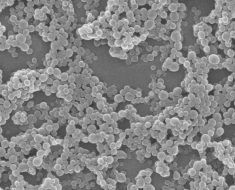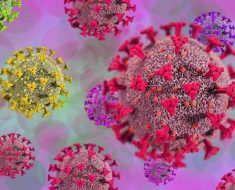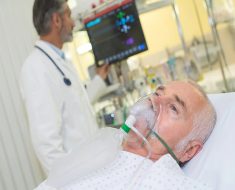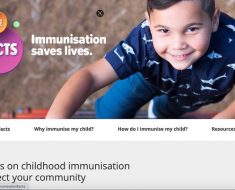CHARLOTTE, N.C. – In a real-world setting, a 1-liter polyethylene glycol and ascorbic acid combination produced a high level of adequate or better bowel cleansing for colonoscopy.
Among more than 13,000 patients who used the combination, abbreviated as 1L PEG+ASC (Plenvu), the overall rate of adequate quality bowel prep was 89.3%, reported Cátia Arieira, MD, from the Hospital da Senhora da Oliveira in Guimarães, Portugal.
The rate of adequate prep was significantly higher with a split-dose regimen (evening-morning) than with a same-day regimen, at 94.7% versus 86.7%, respectively.
“Results from this large study confirm the high cleansing effectiveness and good tolerability of 1 liter of polyethylene glycol and ascorbic acid in real-world settings,” she said in an oral abstract session during the annual meeting of the American College of Gastroenterology.
Designed for Tolerability
The 1L PEG+ASC regimen is intended to make precolonoscopy bowel prep a little easier both to take, by reducing the volume of liquid patients need to ingest, and to reduce indigestion with two asymmetric doses, with the second dose having a high ascorbate content.
The 1-liter regimen has been shown to be safe and effective both in clinical trials and in smaller practice-based studies, Arieira said.
To see how well 1L PEG+ASC performs on a larger scale, the investigators conducted a retrospective observational study of patients underwent a colonoscopy from June 2019 to September 2021 at 12 centers in Spain and Portugal.
The sample included patients who had either a screening, diagnostic, or surveillance colonoscopy and used 1L PEG+ASC in either a split or same-day dose.
The investigators used the Boston Bowel Preparation Scale (BBPS) to evaluate the quality of cleansing. They defined an adequate cleansing as a total BBPS score of 6 or greater, with all segmental scores 2 or greater, and a high-quality cleansing as segmental scores of 3.
They enrolled a total of 13,169 patients, 6,406 men and 6,763 women. The same-day regimen was used by two-thirds of patients, and the split-dose regimen by one-third.
In all, 41.9% of procedures were for screening, 29.4% for diagnosis, 26.2% for surveillance, and 2.6% for other, unspecified reasons.
Results
As noted, the overall rate of adequate prep was 89.3%, with rates of 94.7% and 86.7% for the split and same-day doses, respectively.
A breakdown of cleansing by bowel segment showed that, for each segment, the split-dose regimen was numerically superior to the same-day regimen, with rates of 95.6% versus 89.5% for the right colon, 97.1% versus 91.9% for the left colon, and 97.8% versus 93.1% for the transverse colon, respectively.
Mean BBPS scores were significantly better with split dosing, at 8.02 versus 6.96. Higher scores were seen with split-dosing for each colon segment.
The incidence of adverse events was low, at 2.3% overall, 1.4% for same-day dosing, and 3.9% for split dosing, with nausea the most common.
Tolerability Is Key
Renee L. Williams, MD, MHPE, FACG, from New York University, who moderated the session but was not involved in the study, commented that the more convenient 1L PEG+ASC regimen may be helpful with improving compliance with bowel prep in underserved populations.
“My population of patients is very different from the one in this study,” she said in an interview. “Normally, if you’re looking at people who are not prepped, at least in the United States, people who have a lot of comorbidities, who are underserved, or have insurance uncertainty tend to have a lower level of bowel prep. So I’d be curious to see whether this would work in that population.”
Williams noted that she prefers split dosing for bowel prep because it offers better tolerability for patients, adding that when her center introduced split-dose prep, the percentage of adequate prep rose from around 60% to more than 90%.
Comoderator John R. Saltzman, MD, FACG, from Harvard Medical School and Brigham & Women’s Hospital, both in Boston, said that while he’s not familiar with this specific bowel prep formulation, “I’m looking for whatever is most palatable to patients and most effective in practice. Still, most of our patients tolerate these 2-liter overnight preps very well.”
The 1L-PEG+ASC regimen may be a suitable option for patients whose colonoscopies are scheduled for later in the day, Saltzman added.
The study was supported by Norgine and Xolomon Tree. Arieira, Williams, and Saltzman reported no relevant conflicts of interest.
This article originally appeared on MDedge.com, part of the Medscape Professional Network.
Source: Read Full Article





